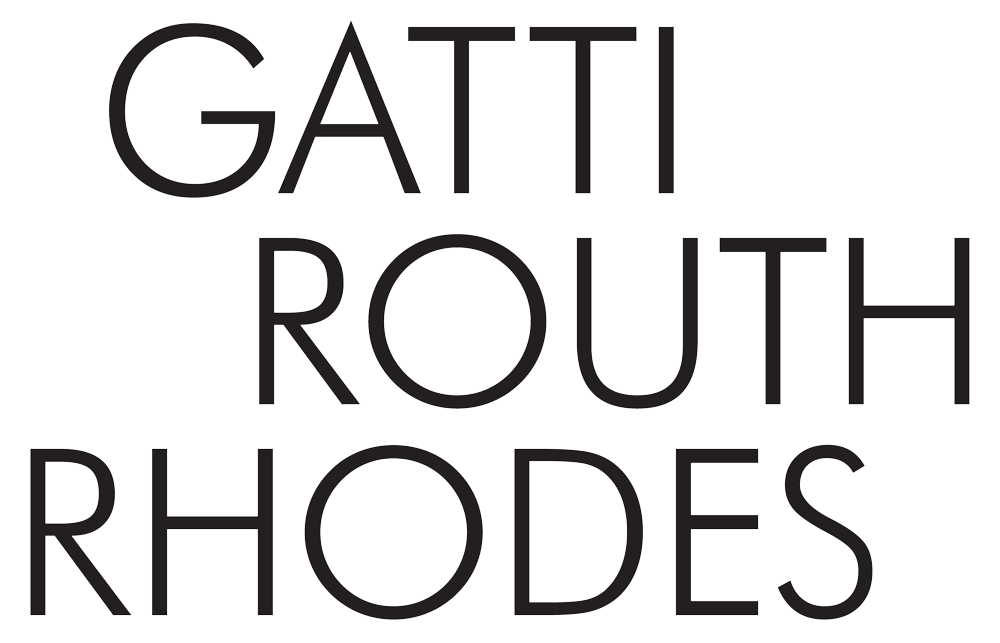The Spectacle of Society
“1. The whole life of those societies in which modern conditions of production prevail presents itself as an immense accumulation of spectacles. All that once was directly lived has become mere representation.”
Guy Debord’s writing is at times difficult, tortuous and repetitive. So I find it helpful that he also wrote easily understood, succinct (if by necessity simplified) slogans. The name of his 1968 book, The Society of the Spectacle, is one such example: inherent in the title is a notion of a world in which the story, the representation of a thing, and the entertainment value of that representation has displaced the actual thing.
If Debord’s message is that the reality we enjoyed has been created, Crimp shows us how it is made, and then turns the camera on us, so we watch ourselves watching. In The Treatment, the young lady’s treatment at the hand of a violent young man is sacrificed by the manipulative film executives – her is tale twisted, warped and joined with other stories whilst the girl herself is discarded. Neither truth, nor the person are important: the narrative is. As an audience member, this is unsettling: are we culpable in this warping of a young woman’s life?
Crimp employs a similar technique in Face to the Wall, where the narrative is repeated, re-drafted and improved, with careful regard to the words chosen - “An aerosol - that’s right - that’s good - of blood, which he hadn’t foreseen”- but with the content, the meaning and implications of these words almost discarded.
Debord writes The Society of the Spectacle in the lead up to the Paris Riots of 1968. Crimp writes Fewer Emergencies barricaded in a hotel room in Zurich in 2004, with anti-globalisation riots as a backdrop. In both instances, not only does the violence seep into the writing, but the concerns of the rioters (both specific economic concerns and a generalised disaffection and desire for violent change) are explicit in the texts.
These texts pre-date a world where a man can stream the murder of his daughter to his estranged wife on Facebook Live, or where Daesh’s brutal snuff movies are ‘most viewed’ on YouTube. But both speak of the attraction of horror, a return to the braying mobs of the public execution, where justice is subsidiary to entertainment. Crimp makes us watch. This is what we always do anyway. This is why traffic moves slowly around car crashes.
He makes us watch, and then he shows us ourselves, the middle classes, the theatregoing classes, watching. Applauding.
